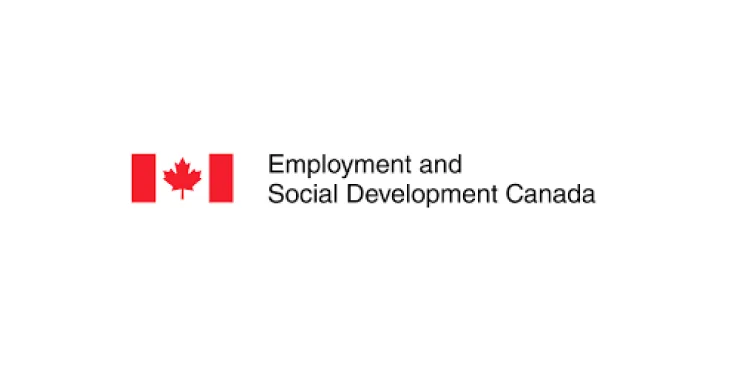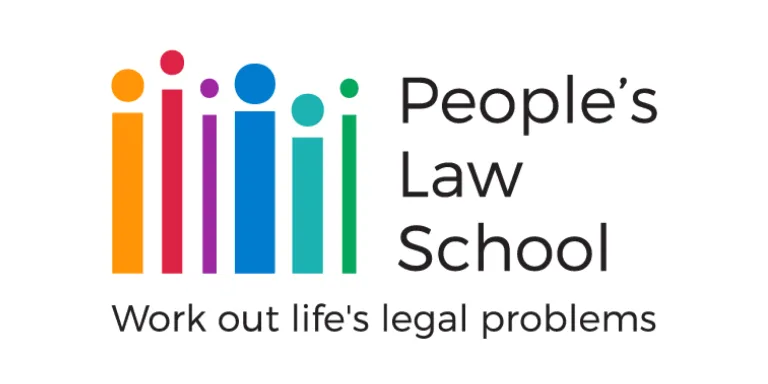If your employer hasn't paid you

You’re entitled to be paid for the work you do in your job. If your employer is withholding your pay, or has paid you the wrong amount, you have options on how to work out the problem.
What you should know
There are two main factors that affect your rights around getting paid:
whether you’re covered by BC’s Employment Standards Act (the main provincial law that protects workers)
your employment contract
A BC law, the Employment Standards Act, sets minimum standards for employers in how they treat workers. This law applies to “employees” — which covers most but not all workers in the province.
Need help figuring out if employment standards law applies to you? Check out our guidance. See our information on who’s covered.
A second factor that comes into play is your employment contract. It’ll typically set out how you’ll be paid, and on what terms.
(Note there’s always an employment contract between a worker and an employer, even if nothing is in writing.)
Your contract rights may be greater than the protections in employment standards law. But — if employment standards law applies to you — your contract rights cannot be less than the minimum standards the law sets. If they are, you’re still entitled to the minimum protections of the law.
If you’re covered by BC’s employment standards law, your employer must pay you at least semi-monthly (twice per month). Everything you earn in a pay period must be paid within eight days of the end of the pay period.
If you’re fired from your job, your employer must pay you within 48 hours of your last day at work. If you quit, they have six days to pay.
Your employer can only make deductions from your wages as permitted by law. Some examples of permitted deductions include:
income tax
employment insurance premiums
Canada Pension Plan contributions
Your employer can’t deduct money from your wages to pay a business expense. This includes expenses arising from:
theft
breakage
damage to the employer’s property
customers who “dine and dash”
If your employer makes inappropriate deductions from your wages, you can make a formal complaint. We’ll touch on the steps involved shortly.
If you’re covered by BC’s employment standards law, your employer must give you a wage statement each payday. The statement covers one pay period and includes key information, such as:
the regular and overtime hours you worked
the amount and reason for each deduction from your wages
any money, payment or allowance you’re entitled to (for example, statutory holiday pay)
Work out problems
There are steps you can take if your employer hasn’t paid you what you think you’re owed.
Step 1. Discuss the situation with your employer
Step 2. Write your employer a letter
Step 3. Make a complaint
Step 1. Discuss the situation with your employer
Try raising the issue with your employer first. Show them any documentation that supports your position (for example, an unpaid invoice).
It’s normal to be nervous. If you’re not sure how to approach your boss directly, we have some tips. See tips for talking with your employer.
Step 2. Write your employer a letter
If talking it over in person doesn’t solve the problem, try writing a letter. Let them know you understand your rights, and explain your concerns in detail.
We’ve got some tips on how to write an effective letter to your employer. See our five tips for writing to your employer.
Step 3. Make a complaint
If you can’t work out a solution with your employer, you can make a formal complaint. Workers covered by employment standards law can file a complaint with the Employment Standards Branch.
We explain how to bring your complaint to the branch. See our guidance on making an employment standards complaint.
If you want to dig deeper, we have in-depth guidance on your rights if your employer hasn’t paid you. See our in-depth info on this topic.
Who can help
These agencies may be able to help if your employer hasn’t paid you what they owe you.

Employment Standards Branch
The government office that deals with complaints against employers in BC.

Employment and Social Development Canada
Deals with complaints against employers in federally-regulated industries.
Getting legal advice can help you decide on your next steps.

BC Legal Referral Service
Helps you connect with a lawyer, notary or paralegal for a free 15- to 30-minute consult to see if you want to hire them.

Access Pro Bono's Legal Advice Clinics
Volunteer lawyers provide 30 minutes of free legal advice to people with low or modest income.
This information from People’s Law School explains in a general way the law that applies in British Columbia, Canada. The information is not intended as legal advice. See our disclaimer.
Related
On Dial-A-Law
Dial-A-Law has more information on Getting paid in the section on Work.
